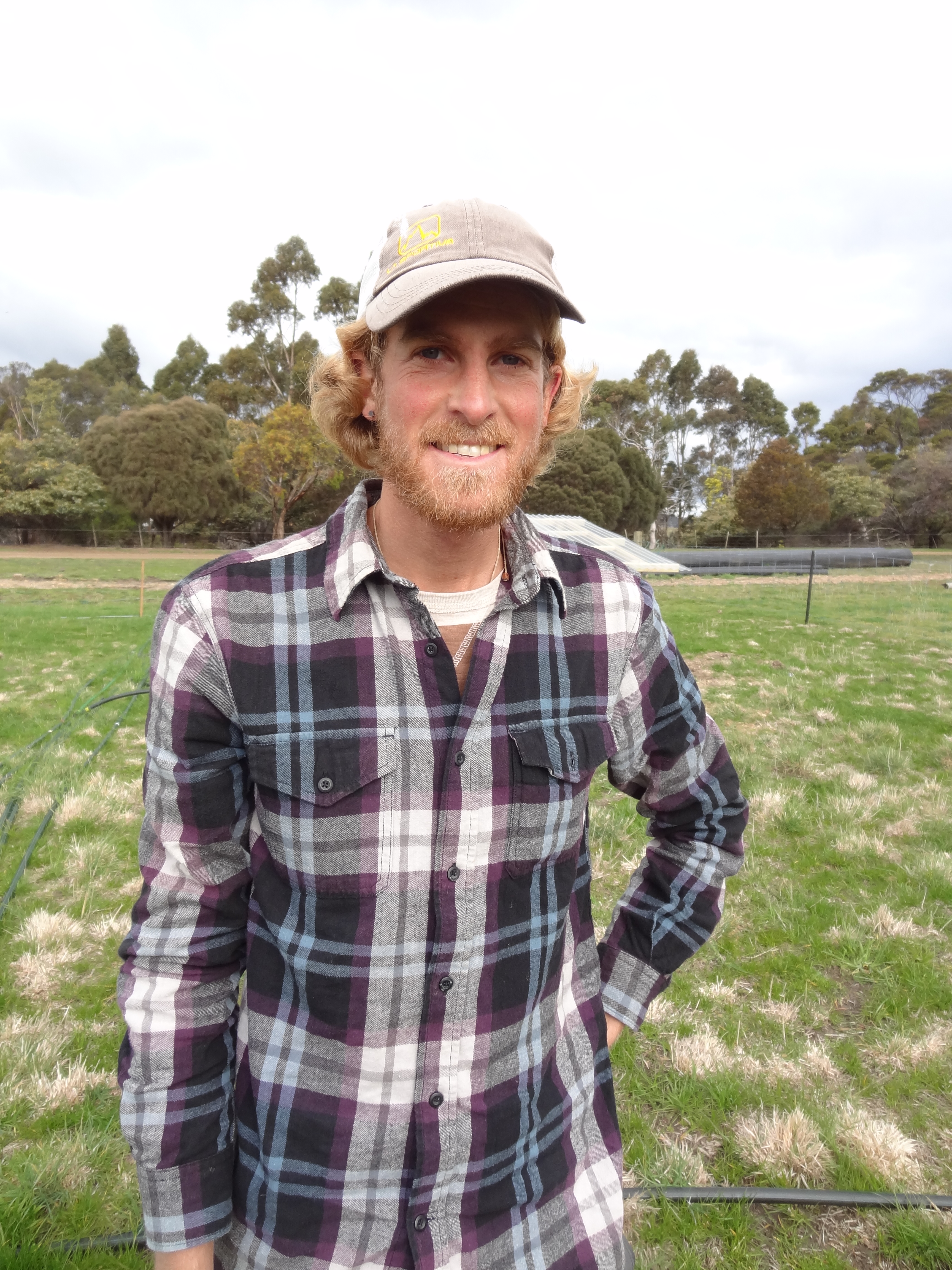
Zach Brown
PhD Student (Ecology, Soil Biogeochemistry)
School of Biological Sciences, University of Tasmania
One would struggle to find an ecosystem on our planet that has not been altered by human activity. We build structures to shelter us, clear forests to provide more farmland and use chemicals to fertilize crops to improve yields. All of these human activities are marvels in that they provide us with a more comfortable life. However, these activities have a wide range of consequences on the environment that will persist for many generations to come.
Rising levels of carbon dioxide in the atmosphere is one way we have changed the earth. Rising atmospheric carbon dioxide changes the temperature of the planet and even changes how plants and crops grow. Many of these changes predicted by scientists but other changes have been surprising.
I study environmental responses to human-accelerated global change. My thesis focuses on the effects of elevated atmospheric carbon dioxide on the function of plants and soil microbial communities. It is important for us to figure out how to grow crops in future climate and atmospheric conditions or we will not have much to eat!
I became interested in nature and science from a young age. My family enjoyed family camping trips in the wilderness more than any other vacations. My brothers and I explored woods, looked for insects under rotting logs and observed life in lakes and streams. Many years later, I graduated with a BS in Environmental Science from Indiana University. I studied diseases of aquatic insects and fungi in soil before I took a break from science. I was not sure if I wanted to become a scientist so I travelled and lived on a sailboat. After a couple years of chasing summer, I packed my bags and flew from Indiana to Tasmania to enrol as a PhD student. I’ve been studying soil ever since!
For further information: www.utas.edu.au/plant-science